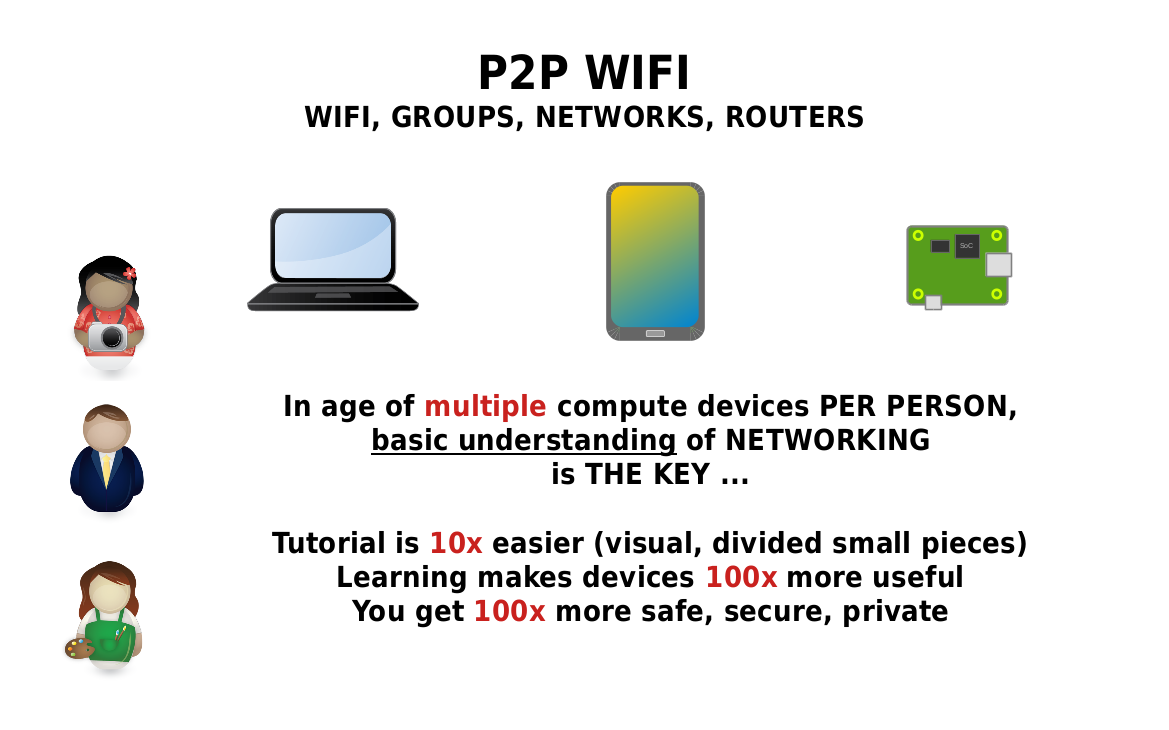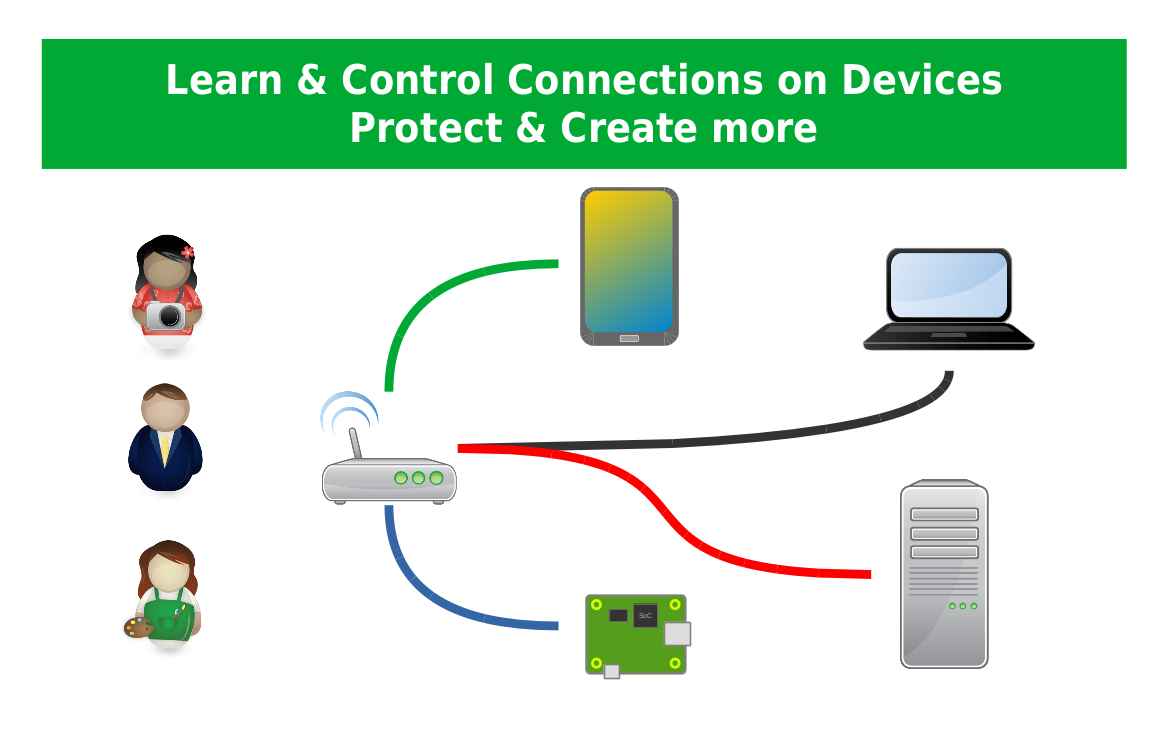Securely Connect Remote IoT P2P Download Raspberry Pi: The Ultimate Guide
Hey there, tech enthusiasts! If you're looking to securely connect remote IoT devices using P2P download on a Raspberry Pi, you're in the right place. In this digital age, ensuring secure connections is not just a luxury—it's a necessity. Whether you're a hobbyist or a professional, understanding how to set up a secure IoT P2P network on your Raspberry Pi can elevate your projects to the next level.
Let’s be real, the Internet of Things (IoT) is everywhere these days. From smart homes to industrial automation, IoT devices are transforming the way we live and work. But with great power comes great responsibility. Security should always be at the forefront of your mind when dealing with IoT devices. That's why we're diving deep into how you can securely connect remote IoT devices using peer-to-peer (P2P) download on a Raspberry Pi.
This guide isn’t just another tech article—it’s your go-to resource for mastering secure IoT connections. We’ll cover everything from the basics of IoT security to advanced techniques for setting up a P2P network on your Raspberry Pi. So grab a cup of coffee, sit back, and let’s get started!
Read also:Randy Vanwarmer Net Worth The Story Behind The Hits
Table of Contents
- What is IoT and Why Does Security Matter?
- Raspberry Pi: The Perfect Device for IoT Projects
- Understanding P2P Networking
- How to Securely Connect Remote IoT Devices
- Tools You'll Need
- Step-by-Step Guide to Set Up P2P on Raspberry Pi
- Common Issues and How to Fix Them
- Best Practices for IoT Security
- Future Trends in IoT Security
- Conclusion: Take Action Today!
What is IoT and Why Does Security Matter?
First things first, let’s break down what IoT actually is. IoT, or the Internet of Things, refers to the network of physical devices embedded with sensors, software, and connectivity that allows them to exchange data. Think smart thermostats, wearable fitness trackers, and even self-driving cars. These devices are designed to make our lives easier, but they also come with risks.
Security is crucial because IoT devices often handle sensitive information. Whether it’s your home security system or a medical device, a breach can have serious consequences. That’s why learning how to securely connect remote IoT devices is essential for anyone working with these technologies.
Why Raspberry Pi is Ideal for IoT Projects
Enter the Raspberry Pi—a small, affordable computer that packs a punch. The Raspberry Pi is perfect for IoT projects because of its versatility, ease of use, and strong community support. With its GPIO pins and compatibility with various sensors, it’s a dream machine for building secure IoT networks.
Raspberry Pi: The Perfect Device for IoT Projects
Before we dive into the nitty-gritty of setting up a secure IoT P2P network, let’s talk about the Raspberry Pi. This little device has revolutionized the world of tech enthusiasts and professionals alike. It’s like having a Swiss Army knife for your IoT projects.
Here are some key features that make the Raspberry Pi ideal for IoT:
- Affordable price point
- Compact size
- Wide range of compatible sensors and modules
- Strong community and tons of resources
- Flexibility to run various operating systems
Understanding P2P Networking
P2P, or peer-to-peer networking, is a decentralized communication model where devices communicate directly with each other without relying on a central server. This approach offers several advantages, including reduced latency, improved scalability, and enhanced security when implemented correctly.
Read also:Overflow Season 2 Release Date Everything You Need To Know About The Upcoming Season
How Does P2P Work?
In a P2P network, each device acts as both a client and a server. This means that devices can share resources and data without the need for an intermediary. For IoT applications, this can lead to more efficient and secure data exchange.
However, setting up a P2P network isn’t as simple as plugging in a few cables. You need to ensure that the connection is secure and that your devices are protected from potential threats.
How to Securely Connect Remote IoT Devices
Now, let’s talk about the heart of the matter—securing your IoT P2P connections. Here are some steps you can take to ensure your network is as safe as possible:
- Use strong encryption protocols like TLS or SSL.
- Implement authentication mechanisms to verify device identities.
- Regularly update your software and firmware to patch vulnerabilities.
- Limit access to your network by using firewalls and intrusion detection systems.
Remember, security is an ongoing process. Stay vigilant and keep an eye on emerging threats and solutions.
Tools You'll Need
Before you start setting up your secure IoT P2P network on a Raspberry Pi, you’ll need a few tools. Here’s a list to get you started:
- Raspberry Pi (any model will do, but newer models offer better performance).
- MicroSD card with a minimum of 16GB.
- Raspberry Pi OS or another compatible operating system.
- A reliable power supply.
- Network cables or Wi-Fi dongle for connectivity.
- Security software like OpenSSL or OpenVPN.
Step-by-Step Guide to Set Up P2P on Raspberry Pi
Ready to roll up your sleeves and get started? Follow this step-by-step guide to set up a secure IoT P2P network on your Raspberry Pi:
Step 1: Install Raspberry Pi OS
Begin by downloading and installing the latest version of Raspberry Pi OS. You can use the Raspberry Pi Imager tool to make this process a breeze.
Step 2: Configure Network Settings
Set up your Wi-Fi or Ethernet connection to ensure your Raspberry Pi can communicate with other devices on the network.
Step 3: Install Security Software
Install security tools like OpenSSL or OpenVPN to encrypt your data and protect your network from unauthorized access.
Step 4: Set Up P2P Connection
Use a P2P protocol like WebRTC or BitTorrent to establish direct connections between your IoT devices.
Step 5: Test Your Setup
Once everything is configured, test your setup to ensure that your devices can communicate securely over the P2P network.
Common Issues and How to Fix Them
Even the best-laid plans can encounter hiccups. Here are some common issues you might face when setting up a secure IoT P2P network on a Raspberry Pi, along with solutions:
- Connection Problems: Check your network settings and ensure all devices are on the same network.
- Security Alerts: Keep your software up to date and use strong encryption protocols.
- Performance Issues: Optimize your Raspberry Pi by disabling unnecessary services and using lightweight applications.
Best Practices for IoT Security
Here are some best practices to keep your IoT P2P network secure:
- Use strong, unique passwords for all devices.
- Segment your network to isolate IoT devices from other systems.
- Monitor your network for suspicious activity.
- Regularly back up your data to prevent loss in case of a breach.
Future Trends in IoT Security
The world of IoT security is constantly evolving. Here are some trends to watch out for:
- Blockchain technology for decentralized authentication.
- AI-driven security solutions for real-time threat detection.
- Quantum encryption for unbreakable security.
As technology advances, so too will the methods we use to secure our IoT devices. Stay informed and adapt to these changes to keep your network safe.
Conclusion: Take Action Today!
In conclusion, securely connecting remote IoT devices using P2P download on a Raspberry Pi is a powerful way to enhance your projects. By following the steps outlined in this guide, you can create a robust and secure network that meets your needs.
Don’t wait—start securing your IoT devices today! Leave a comment below to share your thoughts or ask questions. And don’t forget to check out our other articles for more tech tips and tricks.
Thanks for reading, and happy tinkering!


